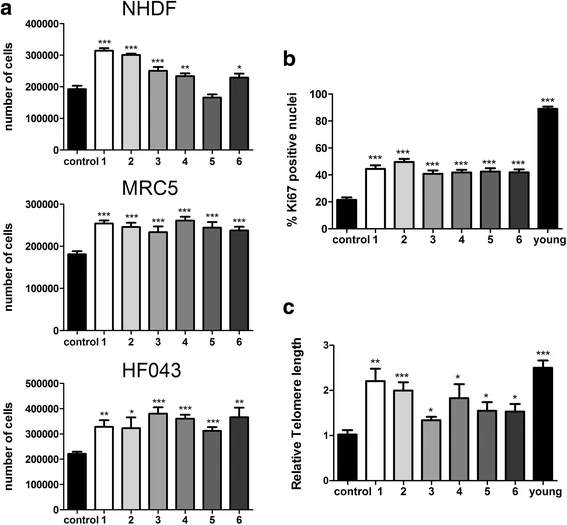Bill said he tested resveratrol, iirc. But resveratrol lengthens telomers indirectly through sirt4, not by activating telomerase itself, afaik. And it doesn't even do this if not in the presence of certain amino acids, think it was tryptophan or leucine. Though could be mistaken one of the aminos is associated with turkeys. It also needs nad+. So you need resveratrol+aminos+nad+ to see telomere lengthening.
It could easily fail any screening if it is testing just for direct activation of telomerase, or fails to include the complementary molecules.
There is a research paper showing doubling of telomere length, iirc, and also not just that but cells went from near senescent decayed in appearance to youthful looking cells in the microscope. It was in vitro, and it was after more than 24 hour of exposure to resveratrol.
It is conceivable pterostilbene might do similar, but may also have similar dependence on aminos and nad+ given structural similarity.
It would be interesting to see if this can be replicated in vivo. Missed there was going to be an interview this time, but would be nice to get a comment from Bill Andrews on this research.
The following is the paper I'm referencing.
Eva Latorre, Vishal C. Birar, Angela N. Sheerin, J. Charles C. Jeynes, Amy Hooper, Helen R. Dawe, David Melzer, Lynne S. Cox, Richard G. A. Faragher, Elizabeth L. Ostler, Lorna W. Harries. Small molecule modulation of splicing factor expression is associated with rescue from cellular senescence. BMC Cell Biology, 2017; 18
Edited by Castiel, 23 November 2024 - 11:24 AM.

















































